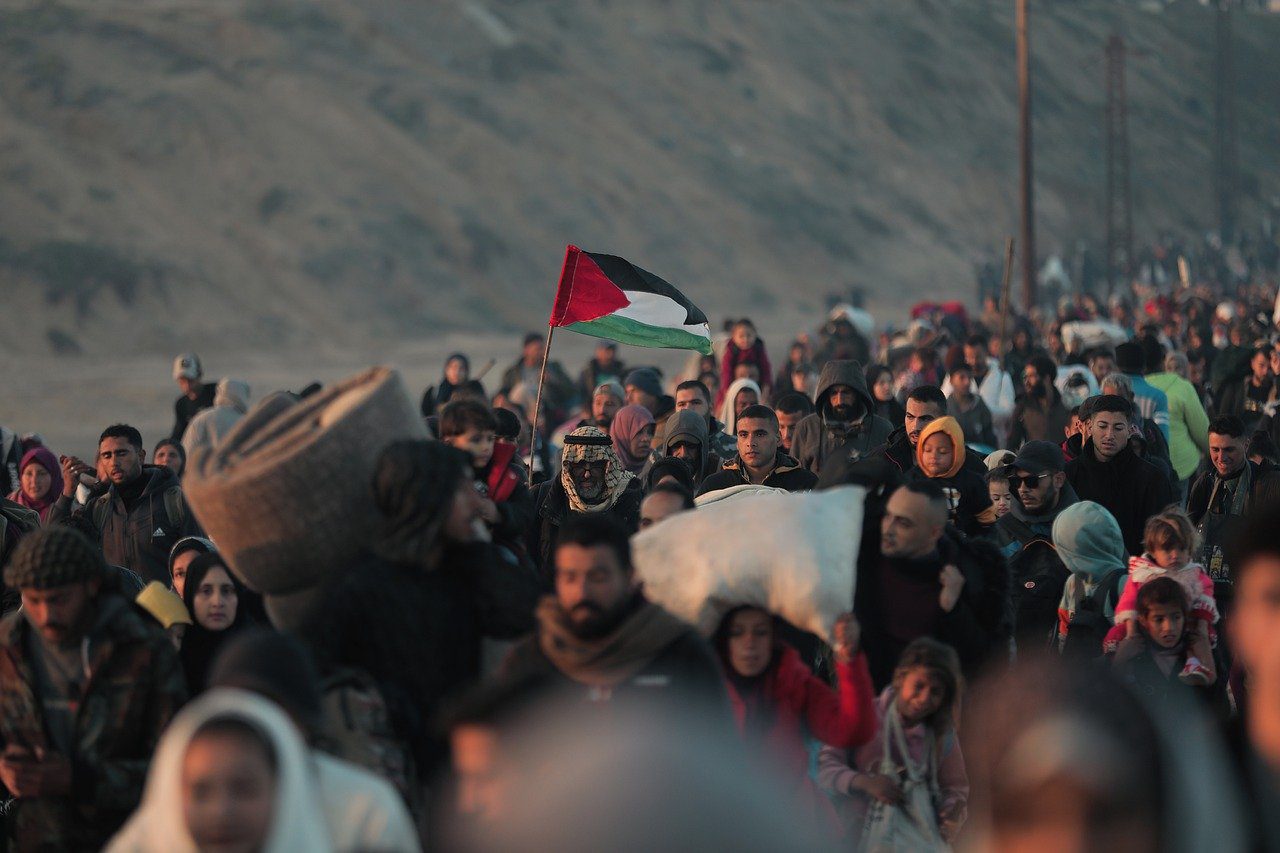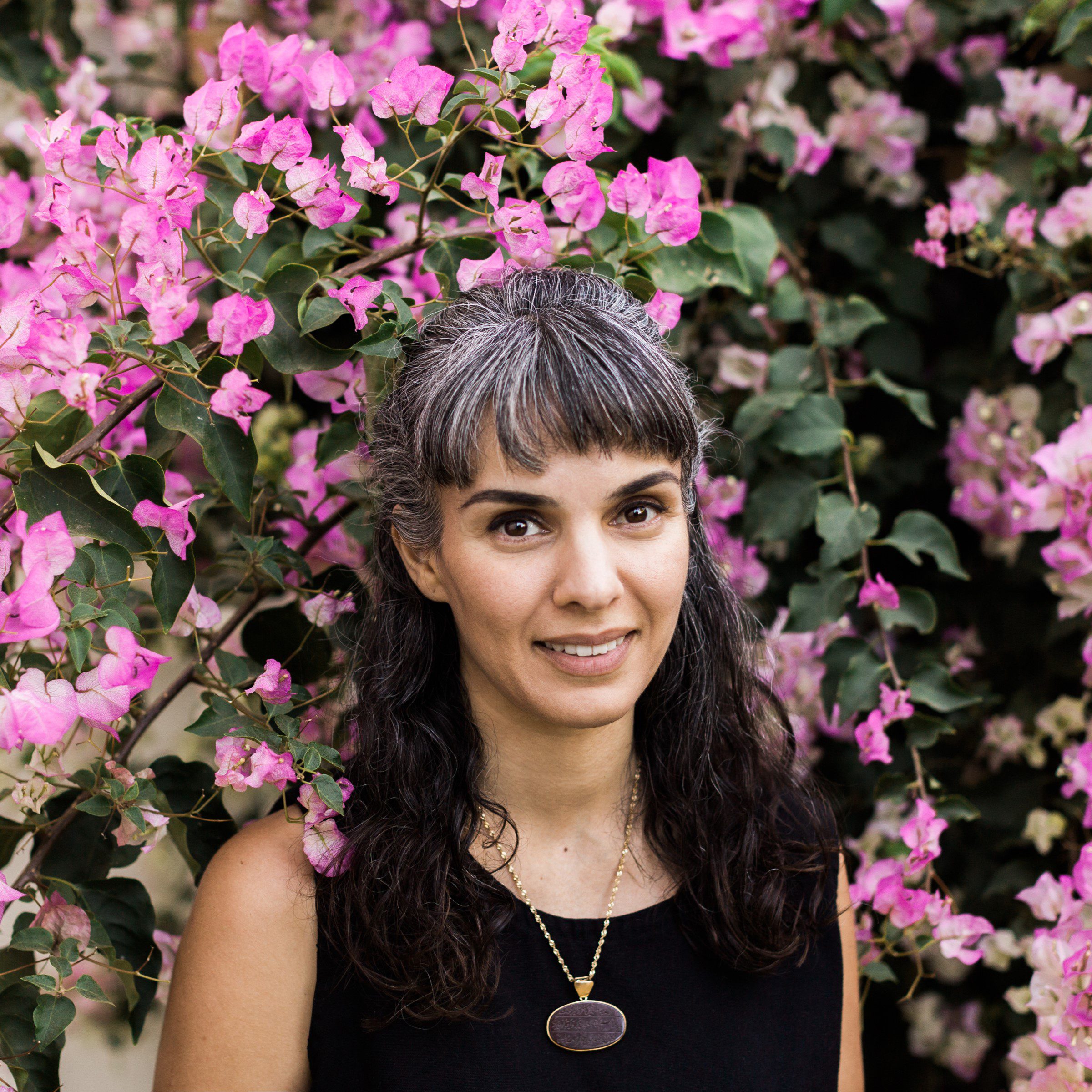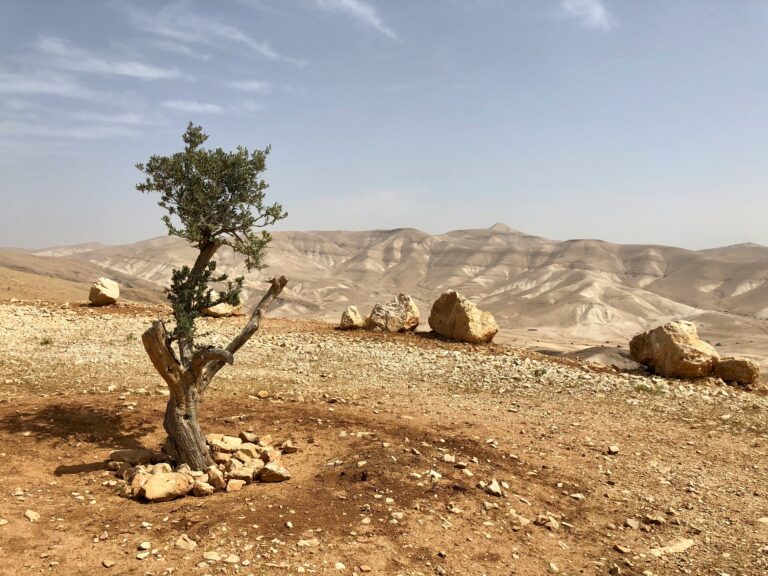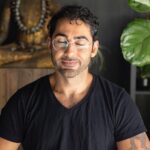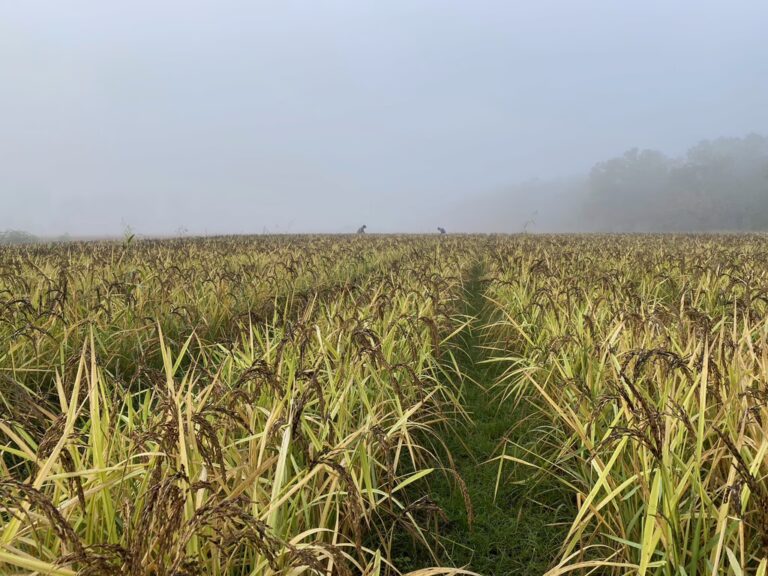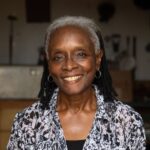This article was originally published in the Winter 2024 issue of The Arrow: A Journal of Wakeful Society, Culture & Politics.
I come here as someone who is grieving. As I sit now in her home, I grieve the loss of my mother in love, who just passed on Mother’s day. It is a pain that makes me want to cry and scream. I had the same urge when I read about 274 Palestinians killed to free 4 Israeli hostages. Hundreds also wounded in a place where the medical system has been intentionally decimated. I grieve the loss of life and freedom, and the lack of love and respect for Palestinians. I also grieve the spiritual and moral corruption of those that oppress them, and I grieve for all of us as we are connected to hundreds of years of colonialism, white supremacy, Islamaphobia, and anti-semitism, all which have created this horror. I hope my words offer respect and care to Palestinians and all those who are oppressed.
I feel called to write about Palestinian justice because of the enormity and destructiveness of the power differential and because my taxes are being used to fund a government hell bent on genocide. My country, the United States, provides the weapons that have killed and maimed thousands of innocent people, laying waste to homes, and poisoning the land. No words can capture the ocean of pain, heartbreak, and injustice. What is currently happening and what has been happening to Palestinians is unconscionable and inexcusable. No group should ever experience such cruelty, nor is there some attribute or action that could ever warrant such treatment.
When we speak of sīla, or ethical living, our exploration is incomplete if we do not attune to how power affects and exacerbates our impact.
Given the scale of suffering that is readily on display and the Buddhist orientation to the alleviation of suffering, many Western Buddhists feel frustrated by the silence from our institutions and leaders. Added to this context is the reality there has yet to be a reckoning in our sanghas of the hatred, mistrust, and dehumanization of Muslims, Arabs, and other SWANA peoples. Western culture is steeped in othering these identities, and, as with all bias, it is not easily undone, particularly when it is hundreds of years old, ingrained into our society and ignored. To anyone reading this, Buddhist or not, please interrogate how you have consumed this hatred and accepted that these people deserve to die or be sacrificed so that some group can feel safe or be resourced.
Are you complacent toward our leaders who perpetuate and fund this violence? Does your entertainment include images of Muslims and Arabs in perpetual war—scary, fanatical, and backwards? Have you accepted the headlines in which Palestinians just die and starve with no mention of the full context or the perpetrators? Were you undisturbed by half a million dead Iraqis due to a war based on lies? Do you believe the trope that Muslims “hate our freedom”? Have you questioned who gets labeled as a “terrorist” or the origins of that term when we live in a country that has and continues to terrorize and brutalize so many, both domestically and abroad?
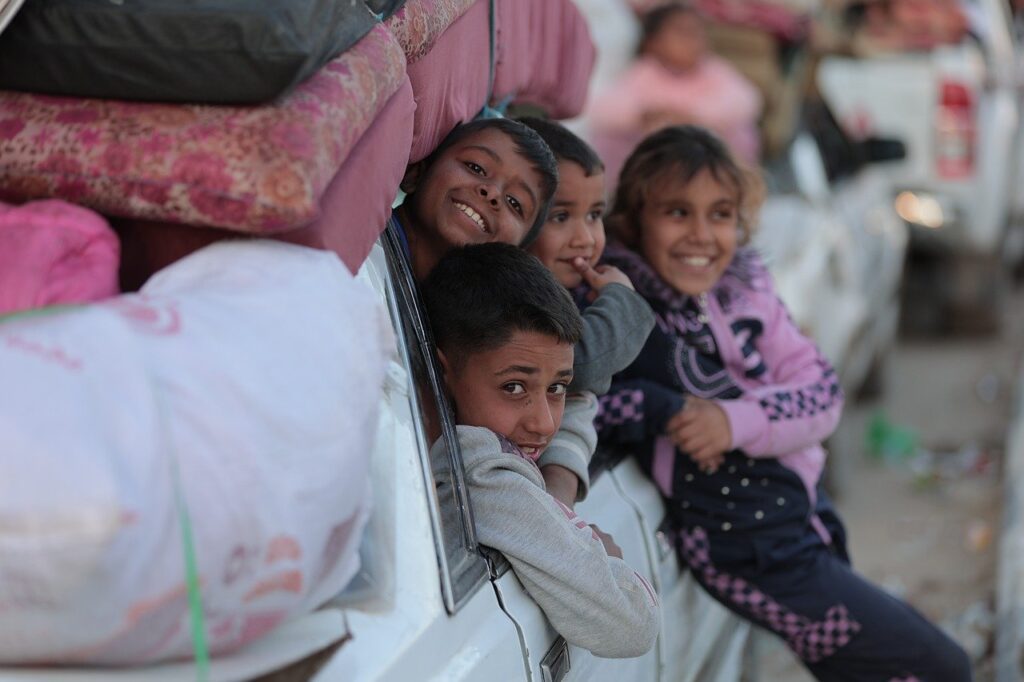
I am frustrated because teachers and communities still fail to include oppression and power in their exploration of Dharma. When we speak of sīla, or ethical living, our exploration is incomplete if we do not attune to how power affects and exacerbates our impact. When one talks about suffering or the three poisons externally, but bypasses oppression, not only are their teachings oblivious to real world active dynamics, but, depending on the circumstance, they can also be harmful. Silence is a form of communication that enables and feeds systems of oppression.
Moreover, when one does not include oppression and power in their teaching, one is speaking to the privileged, centering their comfort to the detriment of others. For many of us who are SWANA or Muslim, silence from Buddhists signals we are not included or welcomed. Many of us don’t feel seen, safe, or valued. When teachers or practice centers say they are remaining silent or neutral on a “political” issue in order to be a “safe place for all,” please consider that it is the comfort and safety of the privileged that is being prioritized. Calling something “political” can mean one is unaffected. It externalizes an issue, so that it is someone else’s problem. But what is politics to one is life and death for another. Death that our tax dollars have paid for.
I am not asking for teachers to make Instagram posts or offer an intellectual analysis when they are not informed or comfortable doing so. However, I have to ask these teachers: how are you practicing with this? Why do you not share your struggle from the front of the room? What is your ethical orientation around relieving suffering from systemic violence and oppression? How does that inform how and what you teach? Does it matter if the taxes paid from teaching dharma fund an apartheid system and pay for weapons used to terrorize and kill? If you are a teacher and you are not including a lens of power and oppression in your own practice and teachings, I ask you to consider the impact of that omission. Whose comfort are you centering and how might your omission contribute to the racist, extractive, and violent status quo?
I understand my role as teacher is to tell my truth as I see it. I am here to accompany others to places of suffering rooted in harm and oppression even if they may not like hearing it. Sure, on a silent retreat you don’t need to make every session about the crises of our world, but if you can give a land acknowledgment, or readily talk about climate change, or quote MLK and Mandela, but skip applying the teachings to the current violence that our bully of a nation is perpetuating at home and abroad then you haven’t told the full story and aren’t doing your job to see things as they are and teach from that place of clarity and truth.
Every -ism, whether spiritual, political, or economic, can be co-opted or used to bypass looking at our own ugliness and capacity to be oppressive. Because of that, teachers have an ethical imperative to point out bypass, both in a student’s personal life and in collective spheres. None of us like to think of ourselves as biased, violent, and colluding with power, but that is our habit.
Unless we are actively encouraged to look at this habit energy, it is highly unlikely we will be willing to look directly at the horrors of the world. Whether it is socially engaged Buddhists or people who practice for their personal enlightenment, most everyone will avoid sitting with how they as individuals act oppressively, violently, or self-righteously in their personal lives and in their collective relating. Most can name that we are cruel to ourselves but owning how we dehumanize others is easily bypassed. A spiritual teacher has a duty to clearly and directly acknowledge and call in anyone who is promoting or perpetuating oppression, particularly in a climate when our political leaders and media are failing to do so. I hope others will do that for me when I invariably fall into it because, to me, to say the thing that is true, necessary, and difficult to hear is a truly loving act.
When teachers or practice centers say they are remaining silent or neutral on a “political” issue in order to be a “safe place for all,” please consider that it is the comfort and safety of the privileged that is being prioritized.
The collective failure to end the horrors of Gaza and the continued subjugation of Palestinians shows that greed, hatred, and delusion in the form of violence and oppression is alive and well in each of us. Without diligent effort, these unwholesome seeds continue to grow, manifesting into action that continues cycles of suffering and harm. That is the only way I can understand how this can keep happening.
It is therefore essential to take an honest look at ourselves and our communities to uncover how greed, hatred, and delusion enable the oppression of Palestinians and Arabs. This honest look can inspire our wholesome actions. We can join the call to boycott, divest, and sanction. We can protest, bear witness, pray, call our leaders, donate, and join communities committed to ending oppression and domination. And there are more internal, local actions we can take. We can listen to Palestinians. We can integrate our personal shadow and the collective shadow we in the West project on Islam and Arabs. We can be vigilant in detecting how we replicate the thing we are trying to dismantle. We can take responsibility for our innate compulsion to make war. We can learn to give and receive feedback. We can support teachers, centers, and communities that include a justice and power lens in their offerings. We can create and build what is lacking in our current Buddhist communities.
The future of this planet and the plight of Palestinians are linked. We are connected, complicit, and bound to the suffering of both. How many dead bodies do we have to sit on? How many amputated limbs of children or tiny shrouded bodies must be buried underneath us before we realize we are not only killing and subjugating innocent people, but the engines that fuel it are destroying the Earth and killing our spirit as well. I pray for our planet to be loved, honored, and respected when I pray for Palestinians and all oppressed people to receive the love, honor, and respect they deserve. Free Palestine.
This article was originally published in The Arrow: A Journal of Wakeful Society, Culture & Politics. Continue reading the Winter 2024 issue, Steadfastness & Solidarity Through Genocide: SWANA & Ally Voices.

